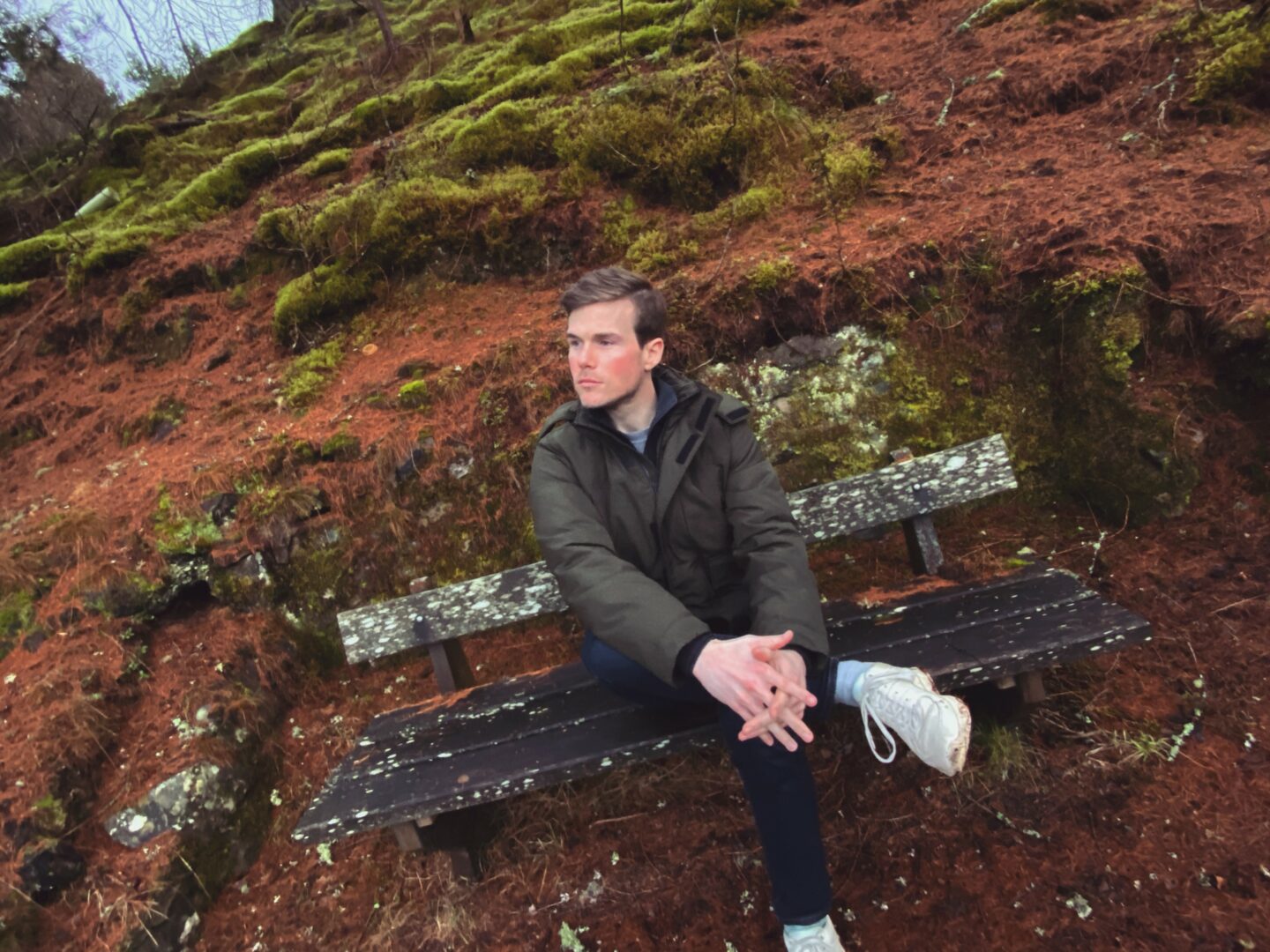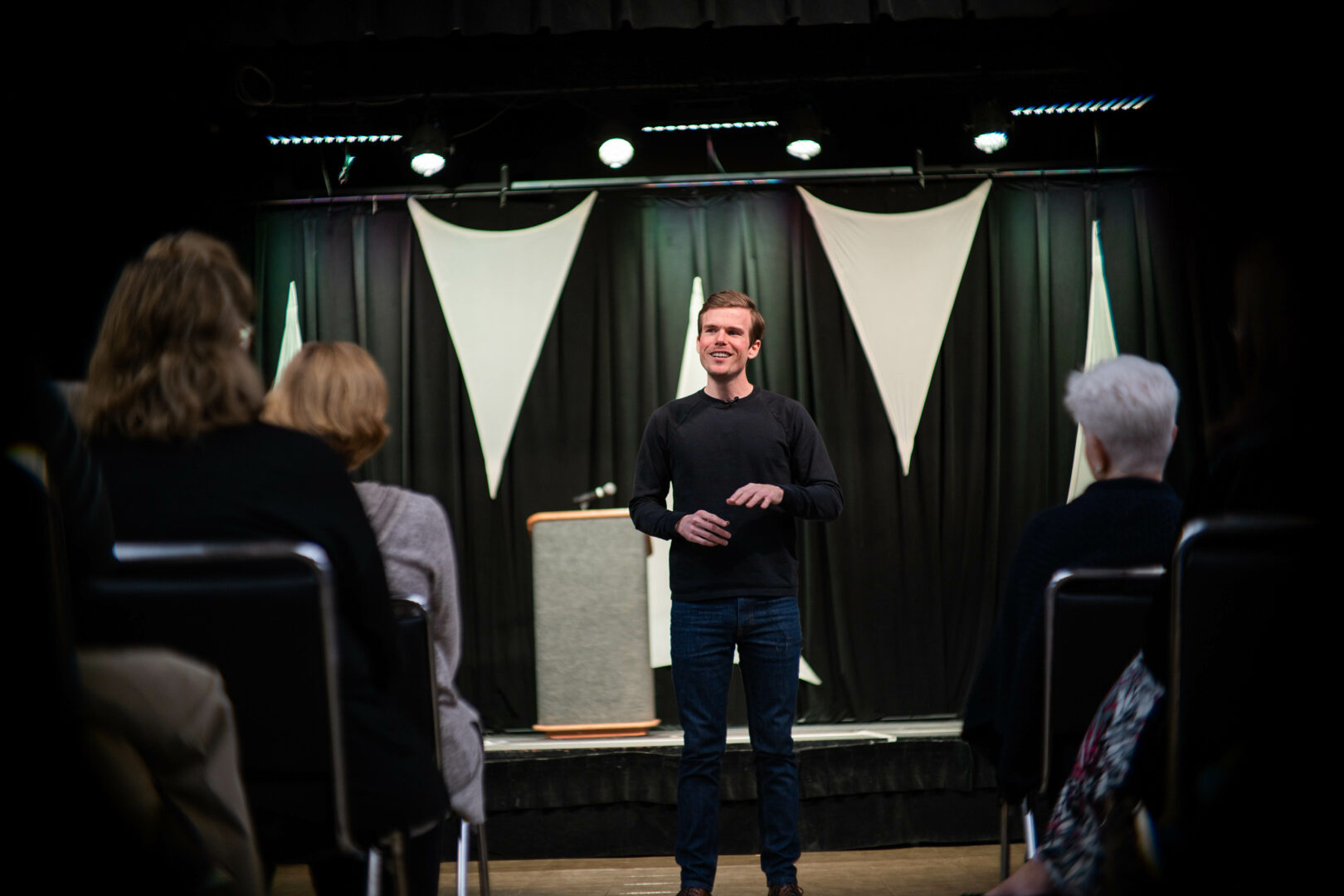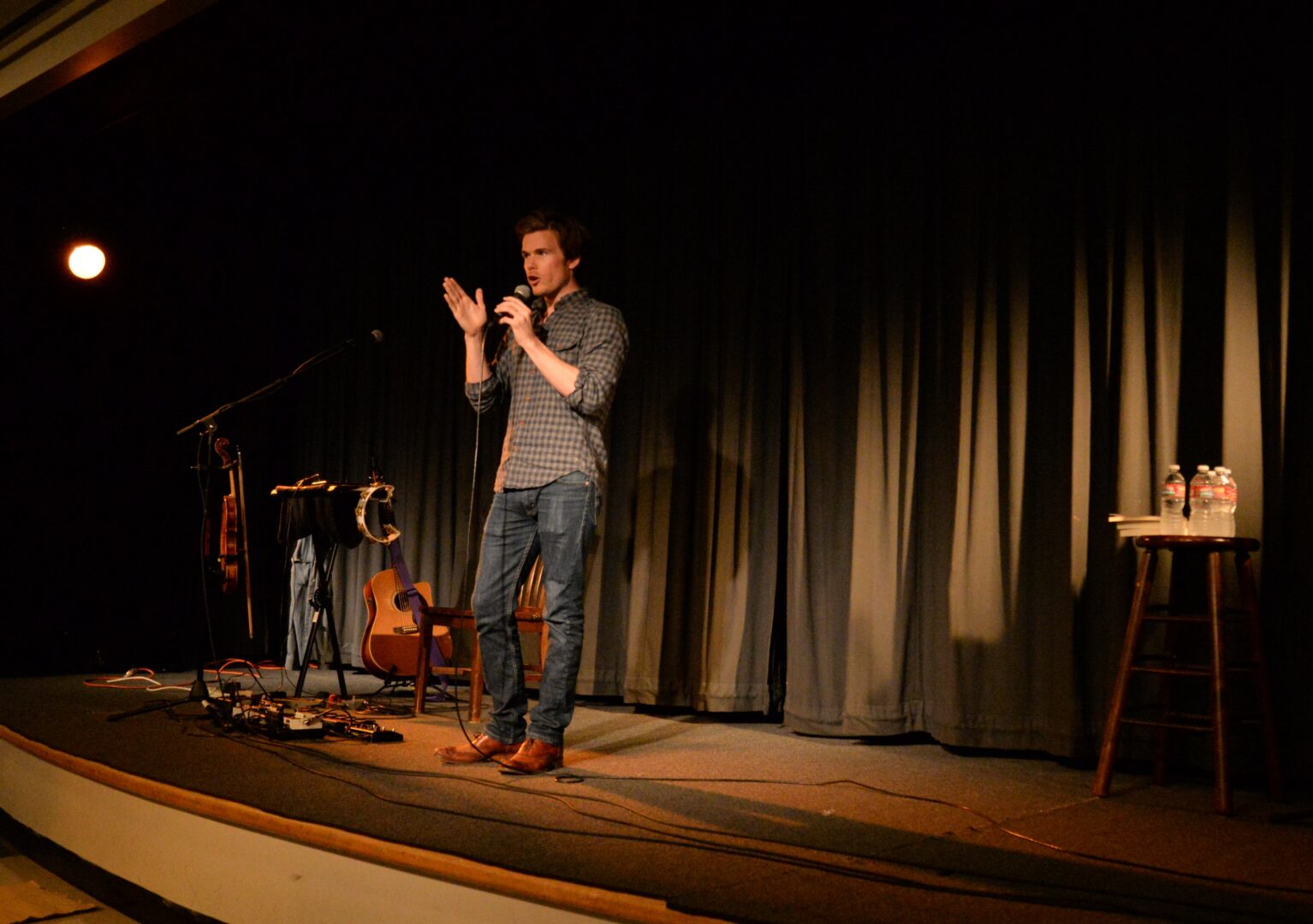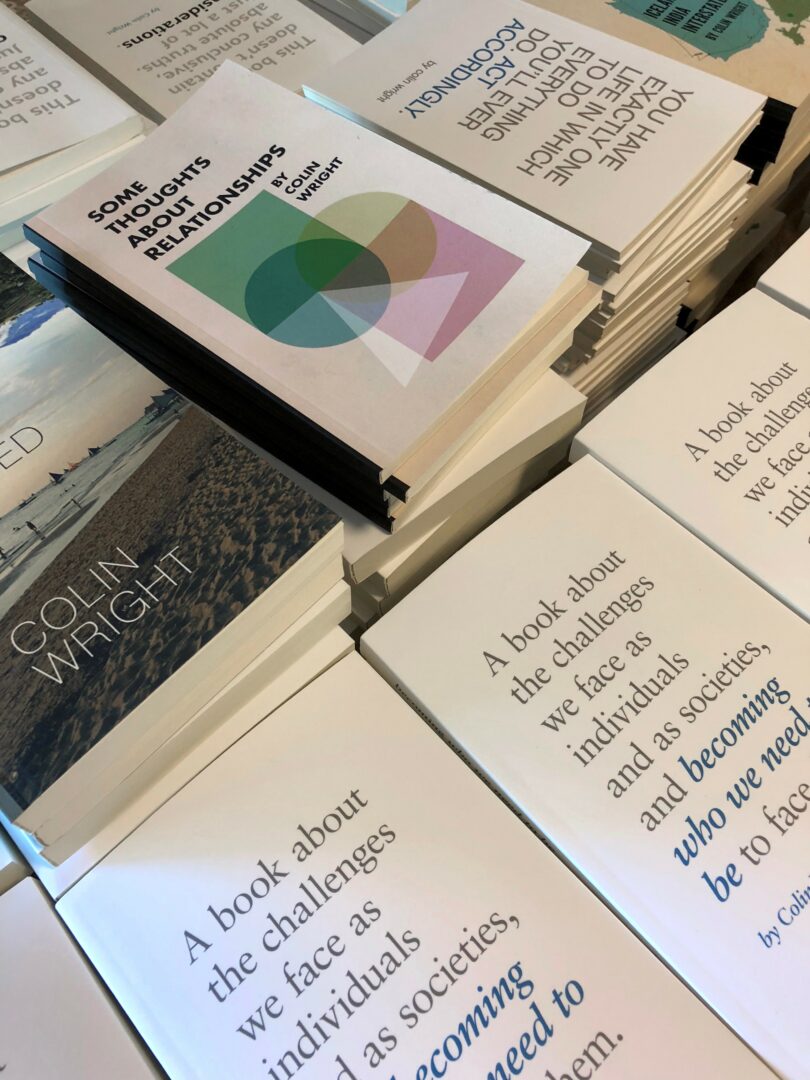Colin Wright shared their story and experiences with us recently and you can find our conversation below.
Hi Colin, thank you for taking the time to reflect back on your journey with us. I think our readers are in for a real treat. There is so much we can all learn from each other and so thank you again for opening up with us. Let’s get into it: What is a normal day like for you right now?
This year I’ve been focusing on getting a new sci-fi novel out the door, and I’m currently at the querying stage, so the majority of that work is related to getting the manuscript in the right hands, and doing my best to ensure the owners of those hands understand what it’s about as succinctly as possible.
I also produce a couple of podcasts and several newsletters and essays each week, so I wake up early and get that work done before noon, then the rest of the day is available for book-related tasks, spending time with friends and loved ones, going for a run or out to the gym, and generally enjoying Milwaukee as much as possible.
Can you briefly introduce yourself and share what makes you or your brand unique?
I’m Colin Wright, and I make all sorts of things.
I traveled full-time for about a decade, but now I have a home base in Milwaukee, Wisconsin, from which I write books and essays, produce the Let’s Know Things and Brain Lenses podcasts, curate the Aspiring Generalist email series, and periodically speak to groups and crowds on all sorts of topics.
I also recently developed a collection of (mostly iOS and macOS) apps under the moniker Truly Simple Tools.
Okay, so here’s a deep one: Who taught you the most about work?
I learned a whole lot about work from my early employers and clients, though probably the most valuable lesson was that I didn’t want the kind of success they were offering, as while many of them were incredibly wealthy and respected, they were also generally unhappy for all sorts of reasons, primarily related to what they had to do to achieve that success.
I was fortunate to learn all kinds of lessons about how to make things and do business from them, but I was also fortunate to see what was at the end of the path I was walking, and that helped me decide, in my early 20s, to take a different path.
Was there ever a time you almost gave up?
There were several times, while I was traveling full-time, when I found myself nearly broke and stuck in a foreign city where I didn’t know anyone or fully understand the context in which I was operating.
Those were difficult moments, but they were also valuable in the sense that I now know, with absolutely certainty, how little money I have to make to be happy and fulfilled, and that if I find myself in different straits again, I can pull myself back up and rebuild.
I also learned that it’s a really good idea to be responsible with money and save what you can for a rainy day, even if making money isn’t your prime metric of success.
So a lot of these questions go deep, but if you are open to it, we’ve got a few more questions that we’d love to get your take on. What would your closest friends say really matters to you?
The freedom to spend my time and energy the way I want, with the people I want, and the capacity to invest myself in projects and pursuits that seem interesting, even if they won’t earn me a cent.
Okay, so before we go, let’s tackle one more area. What is the story you hope people tell about you when you’re gone?
He was good to people and made some valuable things that folks still enjoy and benefit from.
Contact Info:
- Website: https://colin.io
- Instagram: https://instagram.com/colinismyname
- Linkedin: https://www.linkedin.com/in/colinismyname/
- Twitter: https://x.com/colinismyname
- Facebook: https://facebook.com/colinwright
- Youtube: https://www.youtube.com/@colinwright
- Other: https://colin.substack.com




so if you or someone you know deserves recognition please let us know here.




